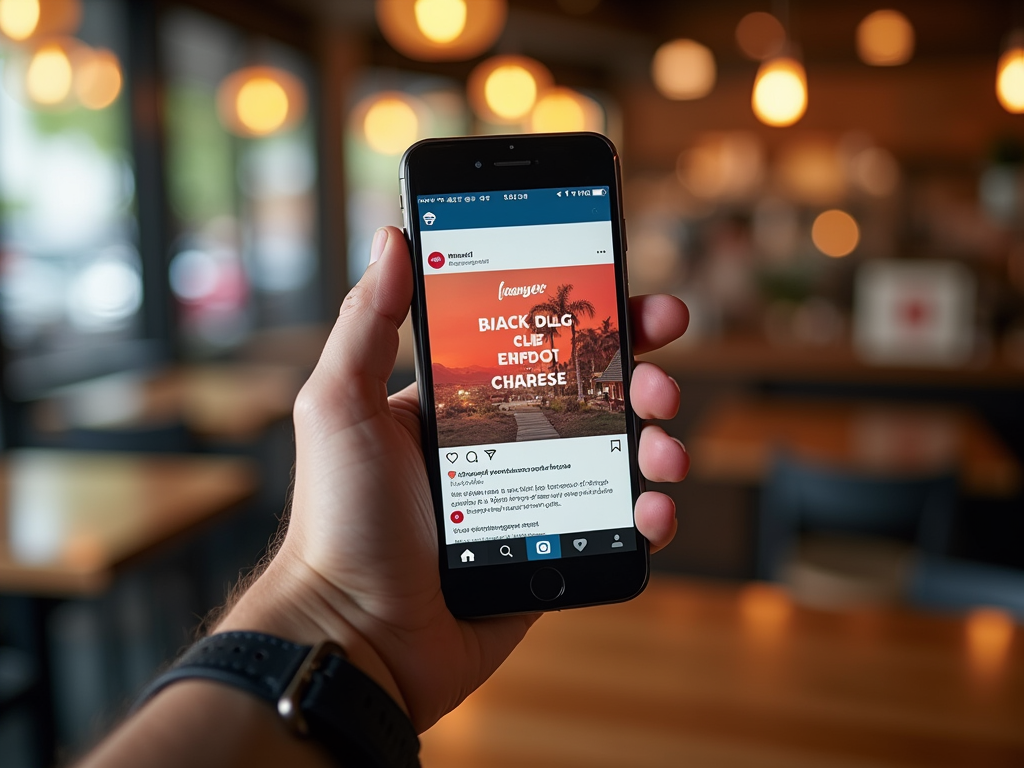
Social Media Advertising: What You Need to Know
Social media advertising has become an essential part of digital marketing, allowing brands to connect with their audience in innovative ways. This form of advertising utilizes platforms like Facebook, Instagram, Twitter, and LinkedIn to promote products or services directly to potential consumers. In this article, we will explore the critical aspects of social media advertising, its benefits, the various platforms available, and key strategies to maximize your marketing efforts.
Understanding Social Media Advertising

Social media advertising encompasses the process of promoting products, services, or brands on social media platforms through paid advertisements. With billions of users active on these platforms, advertisers can reach a vast audience. Social media ads can take various forms, including sponsored posts, stories, video ads, and carousel ads. The unique aspect of social media advertising lies in its ability to target specific demographics based on users’ interests, behaviors, and location, allowing for more personalized marketing experiences. As a dynamic field, social media advertising continues to evolve, adapting to changing user behaviors and technological advancements. Consequently, understanding the intricacies of this advertising channel is crucial for any business seeking to enhance its online presence.
Benefits of Social Media Advertising

Social media advertising offers several advantages that make it a favored choice for many businesses.
- Wide Reach: With millions of active users, brands can reach their target audiences globally.
- Cost-Effective: Advertisers can set flexible budgets and only pay for results, making it economical.
- Targeted Advertising: Ads can be tailored based on audience demographics, interests, and behaviors, enhancing conversion rates.
- Increased Engagement: Interactive ads often lead to higher engagement rates, encouraging customer interaction.
- Real-Time Feedback: Social platforms provide instant analytics, allowing marketers to adjust strategies on the fly.
These benefits collectively empower businesses to create more effective advertising campaigns tailored to their unique goals and audiences.
Popular Social Media Advertising Platforms
There are several platforms to consider when diving into social media advertising, each offering unique features and user demographics. Here are some of the most popular platforms:
- Facebook: A versatile platform for various ad formats targeting diverse audiences.
- Instagram: Known for its visual appeal, ideal for brands with strong visual content.
- Twitter: Great for real-time engagement and trending conversations.
- LinkedIn: Focused on B2B advertising, perfect for professional networking.
- Pinterest: Ideal for brands that thrive on visual inspiration and creative content.
Each platform presents different opportunities and poses distinct challenges; thus, selecting the right one is crucial for your advertising success.
Effective Strategies for Social Media Advertising
To optimize your social media advertising campaigns, several strategies can be employed:
- Define Your Goals: Establish clear objectives for your ad campaign, whether it’s brand awareness, lead generation, or sales conversion.
- Know Your Audience: Conduct thorough research to understand who your target audience is and tailor your messaging accordingly.
- Engaging Content: Craft compelling and visually appealing ads that capture attention and encourage interaction.
- Budget Wisely: Start with a manageable budget and adjust based on performance metrics and analytics.
- Test and Optimize: Continuously monitor ad performance and experiment with different formats, targeting options, and content to refine your approach.
Implementing these strategies will help you make the most of your advertising efforts and achieve better results over time.
Conclusion
In conclusion, social media advertising stands out as a powerful tool for businesses aiming to enhance their digital marketing efforts. With its extensive reach and targeting capabilities, it allows brands to effectively connect with their audiences and improve engagement. By understanding the benefits, selecting the right platforms, and implementing strategic approaches, businesses can thrive in the competitive landscape of online marketing. As social media continues to grow and evolve, staying ahead of the trends and adapting your strategies will be key to achieving long-term success.
Frequently Asked Questions
1. What is social media advertising?
Social media advertising involves promoting products or services on social media platforms through paid ads, which can be targeted to specific user groups based on various demographics.
2. Why is social media advertising important for businesses?
It’s important because it allows businesses to reach a large audience, engage with potential customers, enhance brand visibility, and drive conversions in a cost-effective manner.
3. Which social media platform is best for advertising?
The best platform depends on your target audience and business goals. For B2B, LinkedIn may be best, while Instagram is ideal for visual-focused products. Experimenting with multiple platforms might also yield the best results.
4. How do I create an effective social media ad?
To create effective social media ads, define clear objectives, understand your audience, use engaging visuals and copy, set a realistic budget, and continuously optimize based on performance analytics.
5. What should my budget be for social media advertising?
Your budget should be based on your overall marketing strategy, objectives, and the platform’s cost structure. It’s advisable to start small and scale as you see results.